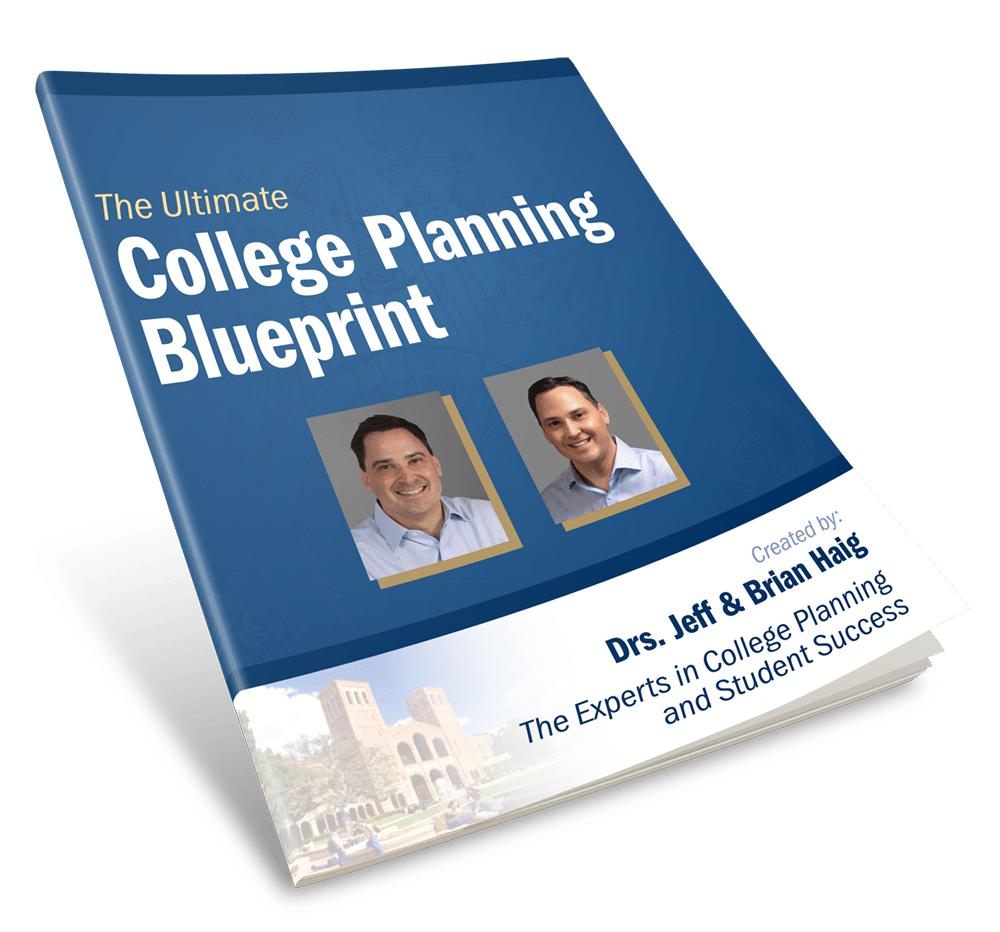Whether or not you should go to college is often an easy decision to make. College attendance has become the norm for many families and is often seen as the expected extension of K-12 education. However, unlike high school, colleges offer an extensive array of courses, and you get to dictate the classes you take. The major you choose will greatly impact your class selection. Therefore, picking a major is a critical decision.
Some people have known they have wanted to study political science and become a lawyer since they were five years old. They found their inspiration at a young age, and their path has not wavered. But many college freshmen have no idea what they want to do for the rest of their lives. That is completely normal!
Deciding what course of study to pursue in college can be confusing, stressful, and intimidating. There is a lot of pressure to get it right, not only so you can pursue the future career of your dreams but also so you can enjoy the classes that you take while in college. You have worked hard to make it to college; you want it to be a rewarding experience!
 The path to picking the right major actually starts with a thorough evaluation of what’s important to you, what your strengths are, and what interests you. There are many great resources on the web that can help you with this personal assessment. If you do a web search for “interest inventories” or “self-assessment,” many great sites pop up. Many of these sites offer free online tests that measure your strengths, your interests, and other various aspects about yourself. Career Café and Career Zone are good places to start.
The path to picking the right major actually starts with a thorough evaluation of what’s important to you, what your strengths are, and what interests you. There are many great resources on the web that can help you with this personal assessment. If you do a web search for “interest inventories” or “self-assessment,” many great sites pop up. Many of these sites offer free online tests that measure your strengths, your interests, and other various aspects about yourself. Career Café and Career Zone are good places to start.
Once you have taken a few assessments and have done some self-reflection, make a list of the following:
- Your top 5 personal values (what ideals are important to you and guide your decisions – e.g., honesty, faith, family?)
- Your top 5 work values (think about how you like to work and what you value in a career – e.g., independence, money, team work)
- Your top 5 strengths (what are you naturally good at – e.g., math, communication, patience?)
- Your top 5 personality traits (these are consistent characteristics of your thoughts and behavior – e.g., extroverted, intuitive, determined, optimistic)
- Your 5 favorite interests (how do you like to spend your time?)
- Your 5 favorite skills (While there is some natural overlap with strengths, skills are what you have become good at through learning and practicing – e.g., giving speeches, computer programming)
When you have your list completed, you will have a fairly broad understanding of yourself. Now you can align these aspects of yourself with various majors and careers.
Some of the assessments you take during your self-exploration may also recommend careers and majors for you to explore. This is a good jumping off point. Explore the details related to each career (i.e., tasks, work environment, salary, education required, etc.). O*Net and the Occupational Outlook Handbook are both good sources to help you glean important details about various careers. Does it sound like a match for you? Does it align with your list from above? Does the career lead you to a specific major? Sometimes it does, but careers don’t always dictate major choice. Sociology majors can ultimately become physicians, business owners, sales people, or counselors, and this holds true for other majors and careers as well. While aligning your major and career can sometimes streamline the process for you, it is not always necessary.
What ultimately is important is finding an area of study that brings you passion and inspiration. If you can do this, you are going to love what you study, and it will naturally lead you to a career that will bring you satisfaction. But it all starts with getting that complete picture of who you are.
 College students don’t always get it right the first time. In fact, the US Department of Education has found that nearly a third of all college students change their major at least once, and some studies show that number to be as high as 50-75% of students. If that ends up being you, that’s okay! Exploration is a natural stage of the process.
College students don’t always get it right the first time. In fact, the US Department of Education has found that nearly a third of all college students change their major at least once, and some studies show that number to be as high as 50-75% of students. If that ends up being you, that’s okay! Exploration is a natural stage of the process.
But changing majors can sometimes lead to increased time in school since the coursework you’ve already completed doesn’t always transfer between majors. Therefore, if you can get it right the first time, you are likely to finish your degree program at a quicker rate while also enjoying the topic of study you have chosen. By following the strategies laid out in this article, you will gain a deeper understanding of yourself, explore a variety of majors suited to you, and ultimately find both the career and major that are your ideal fit.
Dr. Jeff Haig, Dr. Brian Haig, and Maya Kelley, MS
The Experts in College Planning and Student Success

